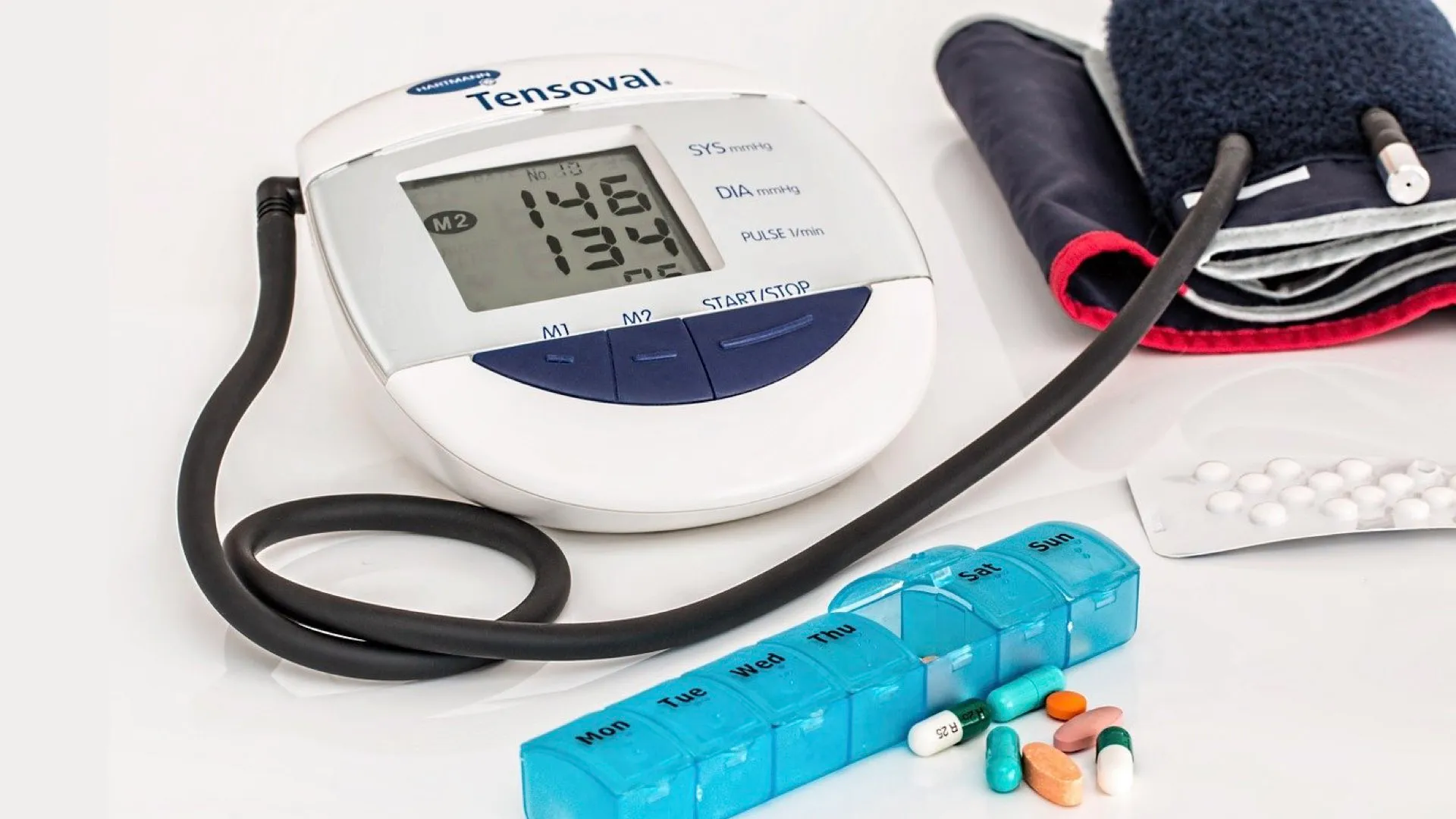Savings 101: Where Should Your Money Go?
Life Insurance vs Bank Savings: Everything You Need to Know

Life Insurance vs Bank Savings: Everything You Need to Know
If there’s anything COVID-19 has taught the world, it’s that one cannot underestimate the importance of savings. Many families have, unfortunately, found themselves in financial trouble because of the mounting funeral and burial expenses brought about by the untimely deaths of their loved ones.
Without a doubt, having savings for a rainy day will always be important. But just where exactly should you put your savings? Is investing in insurance better than putting savings in a bank?
What is the purpose of life insurance?
To put it simply, life insurance serves as a protection against the loss of life. The insurance provider will be giving your beneficiaries a certain amount of money (a cash payout) upon your death. This cash payout can then be used to pay any expense your death may incur, such as funeral and burial costs, provide them with day-to-day financial expenses, or even to help them start a business upon your death.
Life insurance vs. bank savings: Real life examples
To make it easier to understand, let’s provide an example.
Juan and Miguel are both single, 25-year old individuals when they started saving. Juan puts his savings toward life insurance that also protects him against Critical Illness, while Miguel opts to put his savings in a bank.
They both get married in their 30’s and have 2 children each.
At 45 years old, their savings have both reached P1,200,000.00. (Assuming they save P5,000 a month for 20 years).
Miguel’s total savings amount to P1,224,423.19 because of 0.25% interest per year, but he has to also pay 20% withholding tax on the interest he earned.
Juan, on the other hand, is a multi-millionaire. This is because the insurance he has chosen to invest in is a VUL (Variable Unit Link), whose primary feature is investing in Equity (stock market). Juan was fortunate to experience an upward growth during the time he had money in his VUL, positively impacting the compounding earnings he received. Although the money he invested wasn’t easily accessible to him whenever he needed it while it was invested in his VUL, it has grown substantially in the 20 years since he put it in.
Now let’s say at 50, both Juan and Miguel both get diagnosed with cancer and need regular chemotherapy sessions to survive.
Juan can file for a claim for P1 million to help him pay for his medical expenses while leaving his VUL intact and untouched. This means he can withdraw the investment income it has generated without touching the capital.
Miguel, on the other hand, wipes his savings clean in order to pay for his medical bills.
Which one is better: saving in a bank versus saving in variable unit link?
Given the example above, we can clearly see that investing in life insurance, such as a VUL, has significant benefits over bank savings. VULs provide users with flexible premiums (meaning you can invest more than the suggested amount) which allow you to reap higher returns. With bank accounts, you’re limited to the interest rate provided by the bank you choose, which often isn’t much. VUL return rates can go as high as 16.6%, with the average bank interest rate being only 1.2%.
Make the right decision today and start saving through insurance! Talk to one of our financial advisors for the perfect plans for your needs.







